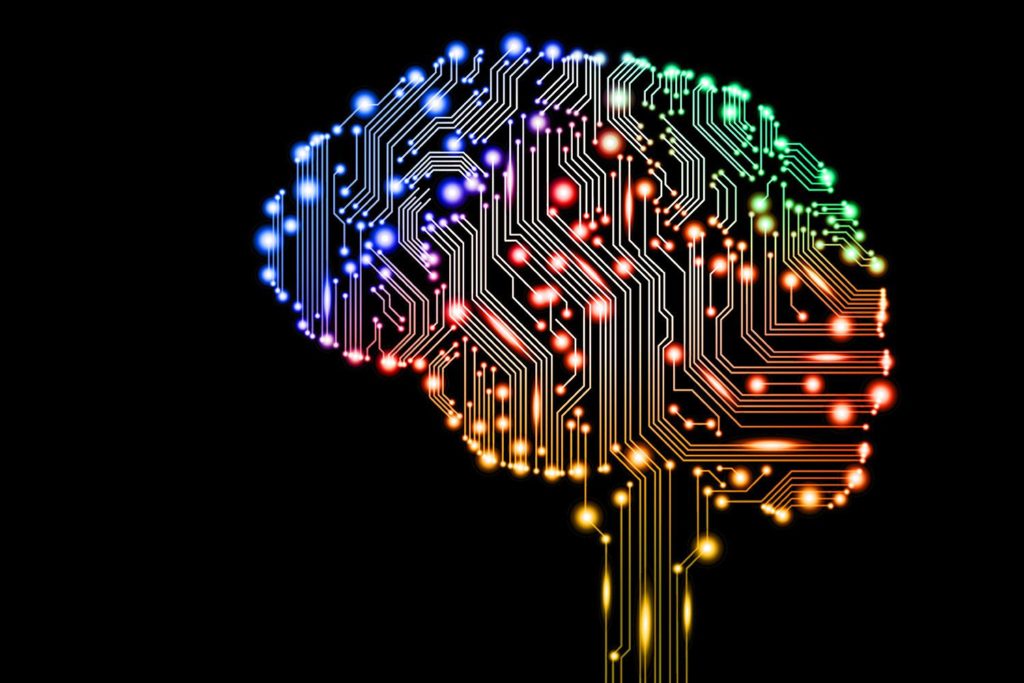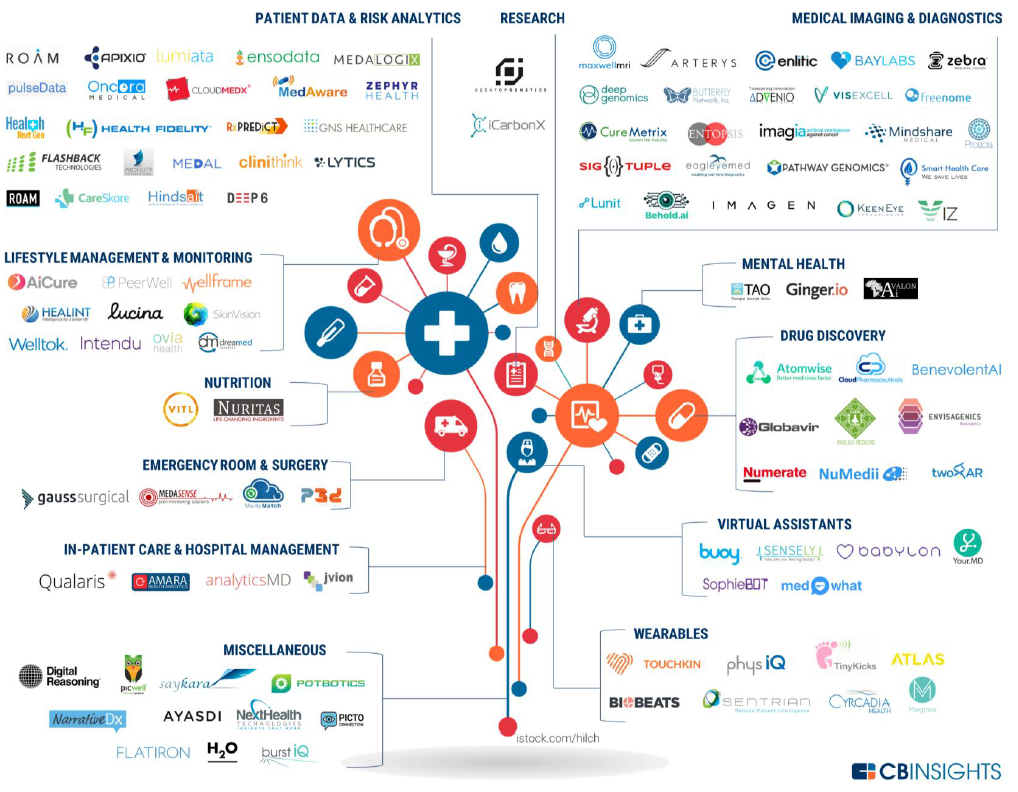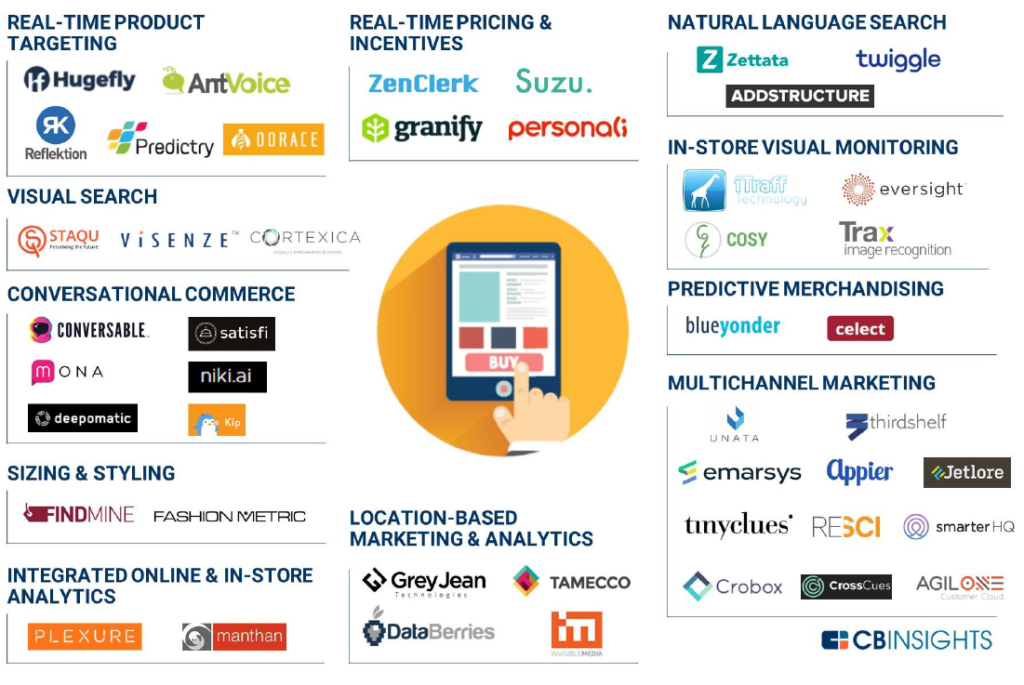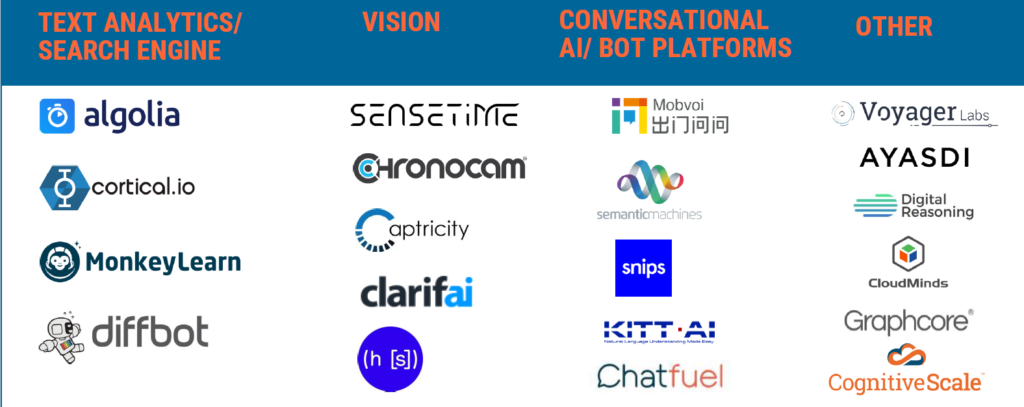
Artificial Intelligence is offering the kind of revolution mankind first saw a 100 years ago with electricity, with Andrew Ng, the former Chief Scientist at Baidu claiming he can’t think of an industry it won’t disrupt in the next 10 years. Google’s AI stands at the point where it can recognize user doodles and translate what they’re trying to draw; IBM’s Watson is quickly expanding its cognitive computing platform across multiple industries; Alexa can now tell you what’s in the news, call you an Uber, book you a flight, and incessantly wakes me up to finish my real analysis homework every morning.
With more than 35 acquisitions in 2017 and over 200 rounds of financing since 2012, the race for intelligence is picking up fast; Google itself has acquired 11 AI companies. Big Data and increased processing power, which was considered the limiting constraint handicapping the development of AI have picked up the pace in 2016, but with increased horsepower through products such as NVidia’s GPUs, and Intel’s AI chips, such constraints have decreased. Just in the past month, Elon Musk launched Neuralink, a venture to merge the human brain with AI, NVidia’s deep-learning chips showed promise of disrupting the medicine industry, Bots were reported to be chatting in their own language and companies such as Forbes and Intel showed promising signs of boosting AI efforts. Per the Director of Research at Facebook, all this hasn’t even touched the 5% mark of AI’s capacity.

Healthcare & Wellness: Companies are increasingly beginning to leverage machine learning algorithms to reduce drug discovery times, provide virtual assistance to chat-bots, improve medical imaging accuracy and procedures. Deals and funding hit a 5-year high last year, with unicorns such as Flatiron Health raising large rounds ($178m Series C), and as of March 2017, there have already been 22 deals. Imaging and diagnostics provide the most crowded area in healthcare AI.

In the commerce space, companies are leveraging AI algorithms for visual search, natural language processing, shopper behavioral analytics, and in-store analytics among several other things. ‘If you don’t have an AI strategy, you’re going to die in the world that’s coming,’ eBay’s CEO Devin Wang told CBI Insights. Amazon’s smart convenience stores, Macy’s mobile shopping assistant powered by Watson, and Google’s Home are devices and products that have captured the eye over the past six months. Nearly 200 deals have been conducted in the past 5 years, and over 40% of deals have gone to commerce startups outside the USA.

Companies in the Ad and Marketing space are leveraging algorithms for cross platform advising, intelligent email marketing, content aware video advertising and other things. AI computing power is specifically being used to process immense amounts of information to inform marketing campaigns to customize marketing at the individual level in real time. The numbers of deals were consistently close to 50 in 2015 and 2016, and the number of seed-stage funded firms has steadily increased over five years as smaller startups try their hand in the space.
In the IOT and industrial IOT space, AI algorithms are being used for predictive maintenance, wearable computing, voice platforms for connected devices among many other things. Funding more than doubled to over $430m, with deals growing 9x from 2012 to 2016. GE Ventures, Shell and Frost have all been incredibly active in the space, investing in the likes of AdaptiveWell, PingThings, OspreyData, MAANA, Predixion Software.
At the same time, industry agnostic applications (horizontal applications) are also gaining strong momentum. Deals to startups developing AI solutions for different verticals had dropped in 2015 but saw a recovery, with the likes of Beijing-based SenseTime raising large ($120m) late stage rounds. Advances in the field of robotics has allowed hardware to meet AI, with an increased focus on how robots ‘are going to make their jobs much more humane.’ Since 2012, robotics has seen $3bn in funding across 488 deals. Much of deal growth was initially driven by enterprise robotics, with consumer robotics related deals remaining relatively constant.

Where is all this AI headed? Towards General AI. This is the concept of an AI system with human level intelligence and cognitive abilities that can perform a broad range of tasks and apply knowledge to solve unfamiliar problems without being trained on how to do so.
“Creating this kind of advanced software requires a prior scientific understanding of the foundations of human cognition, and we are just scraping the surface of this. This prior need to understand the basic science of cognition is where the ‘singularity is near’ arguments fail to persuade us.” – Paul Allen, Co-Founder of Microsoft.
“In 50 years, this 18-month period we’re in now will be being crucial for the future of the A.I. community…. It’s when the A.I. community finally woke up and took itself seriously and thought about what to do to make the future better.” – Stuart Russell, Professor at UC Berkeley.
